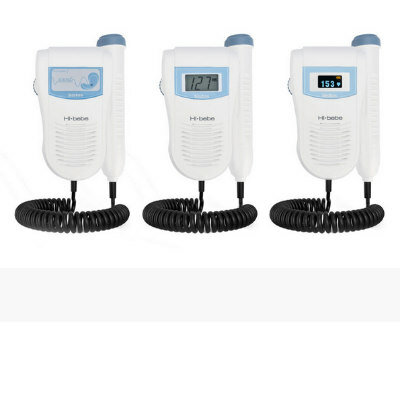Statins Reduce Cardiovascular Risk Following Irradiation
By MedImaging International staff writers
Posted on 15 Aug 2019
Cancer patients taking statins following radiation therapy (RT) of the upper body had significantly reduced risk of stroke and other cardiovascular complications, according to a new study.Posted on 15 Aug 2019
Researchers at McGill University (Montreal, Canada), Walter Reed National Military Medical Centre (Washington DC, USA), and other institutions conducted a retrospective cohort study involving 5,718 cardiac patients with thorax and head or neck cancer who underwent RT between 2000 and 2011; of these, 1,552 did not use statins, while 4,166 did. The primary outcome was a composite of transient ischemic attack (TIA), fatal or nonfatal stroke, or fatal or nonfatal myocardial infarction (MI).
After adjusting for age, sex, prior history of stroke/TIA or MI, diabetes mellitus, dyslipidemia, atrial fibrillation (AF), chronic kidney disease (CKD), heart failure (HF), and hypertension, statin use following RT was associated with a nonsignificant 15% relative risk reduction, but a strong trend toward reducing the primary outcome, and especially with a significant reduction of 32% for the outcome of stroke alone. The study was published on July 2, 2019, in Journal of the American Heart Association.
“Statins decrease cholesterol levels and have anti-inflammatory properties. Statins are protective in patients with heart disease, previous strokes, and with high cholesterol levels,” said senior author Negar Mousavi, MD, MHSc, of McGill University Health Center. “Our study demonstrated that statin therapy could be favorable even with the competing risks of cancer and cancer-related mortality in patients who received radiation therapy.”
While RT is an effective treatment for many different types of cancers, the net clinical benefit of RT is mitigated by an increased risk of cardiovascular and cerebrovascular diseases, including ischemic stroke, TIA, carotid stenosis, and MI. The mechanism of action is incompletely understood, but appears to be independent of conventional vascular risk factors, with data suggesting a key role for inflammation and accelerated atherosclerosis. The pattern of plaque generation within affected arteries appears to be distinct from that generated solely by traditional atherosclerosis.
Related Links:
McGill University
Walter Reed National Military Medical Centre














